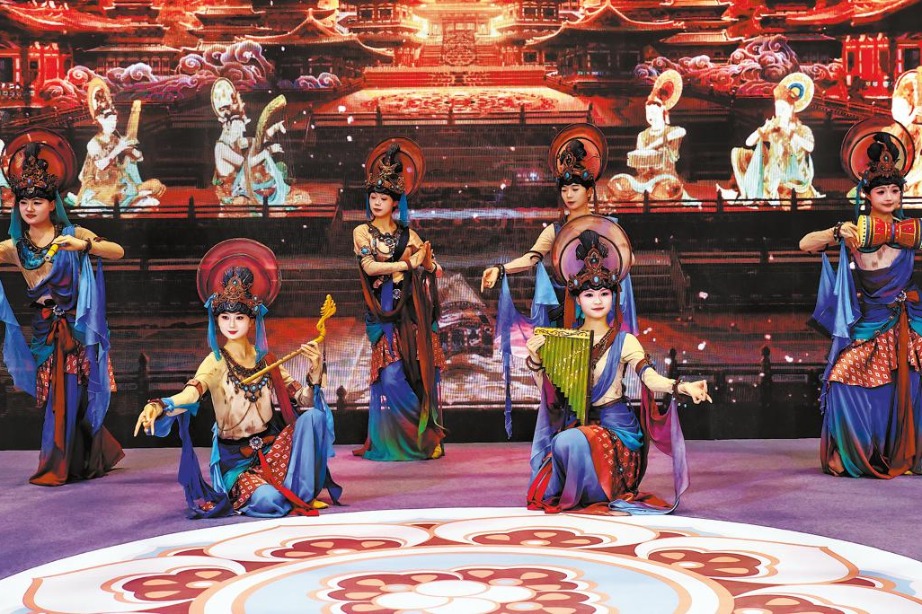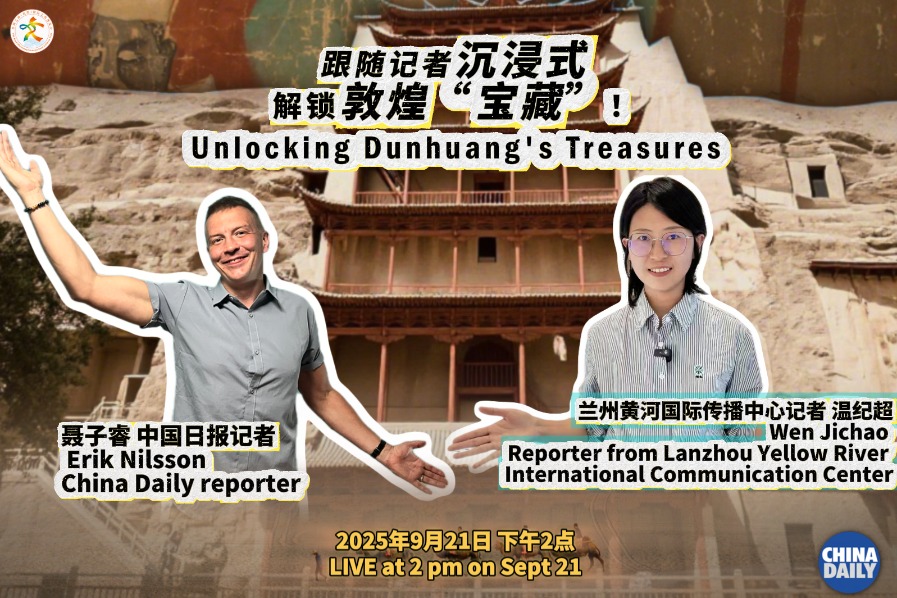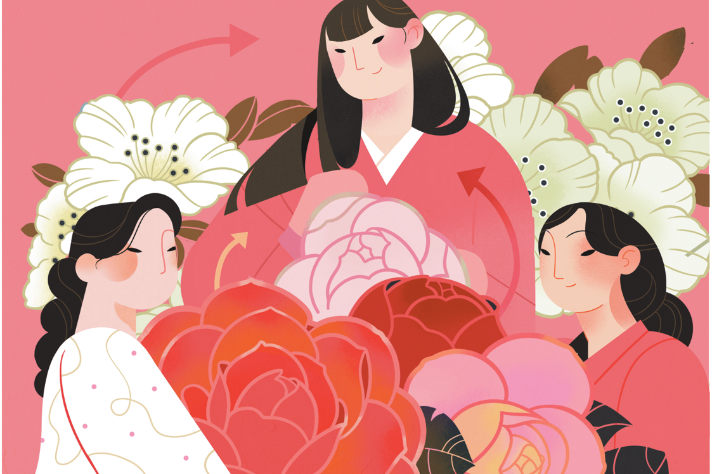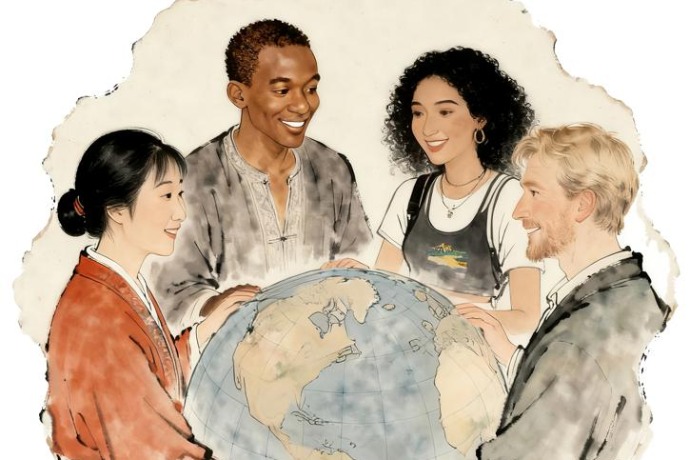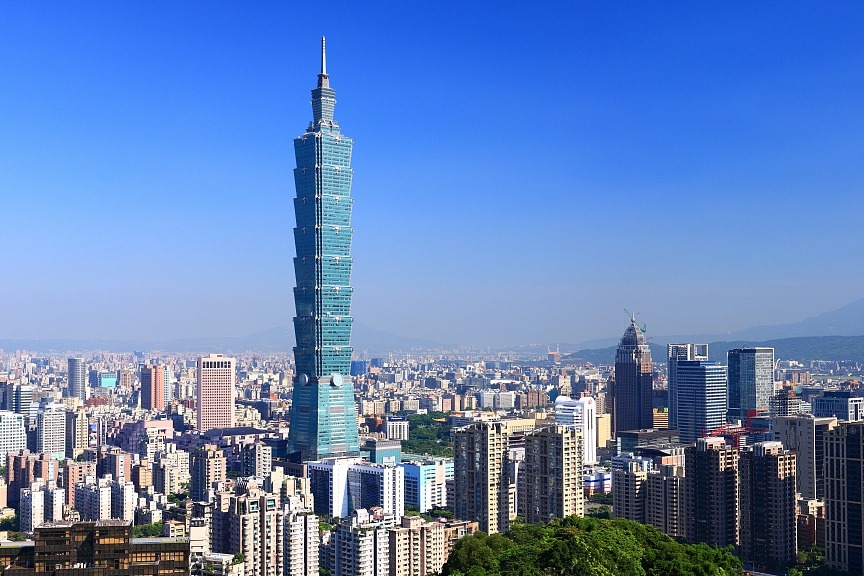Taiwan's return part of post-WWII order

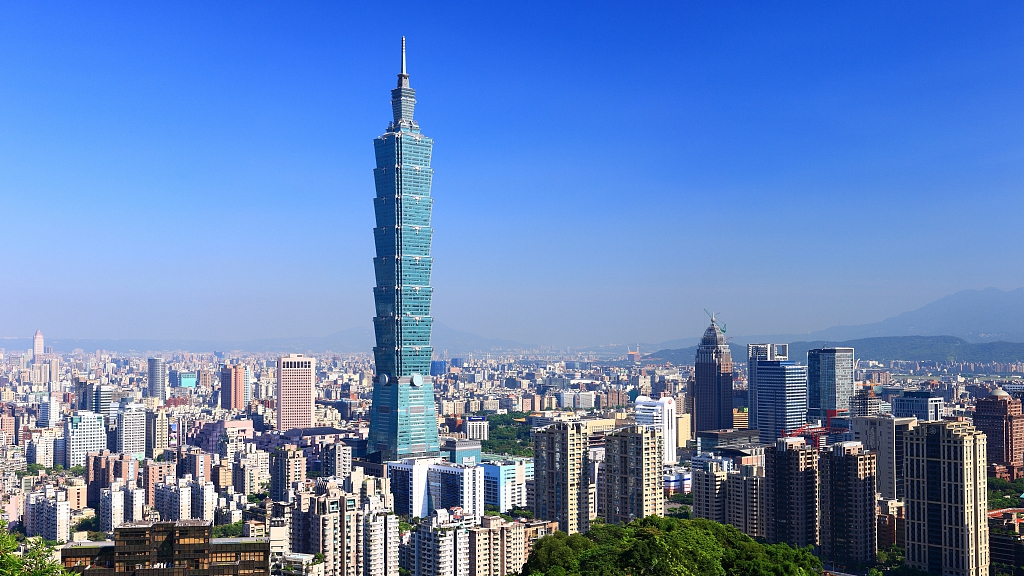
The American Institute in Taiwan has ignited controversy with a statement that dismisses the binding force of wartime documents signed by the United States — including the Cairo Declaration and the Potsdam Proclamation — asserting instead that "Taiwan's status remains undetermined".
The remarks triggered swift condemnation from Beijing, where many see them as a deliberate attempt to blur historical truths and undermine hard-won justice.
The timing is especially striking. This year marks two anniversaries of profound significance: the 80th anniversary of the victory in the Chinese People's War of Resistance Against Japanese Aggression (1931-45), and the 80th anniversary of Taiwan's liberation from Japanese colonial rule.
For half a century after the Treaty of Shimonoseki in 1895 — an unequal pact forced on the defeated Qing Dynasty (1644-1911) government — Taiwan was separated from the motherland and occupied by Japan.
But the Japanese occupation never broke the bonds that tied the island to the Chinese mainland.
Throughout those 50 years, Taiwan and mainland compatriots breathed as one, fought as one, and endured pain and suffering as one. Their intertwined struggles form an indivisible chapter of the Chinese nation's history, a chapter written not in ink, but in blood.
The Chinese people's resistance against Japanese aggression was not abstract.
It had names, faces and sacrifices that still command respect. One of the first to rise against Japan was Chiu Feng-chia, a native of Miaoli county, Taiwan — hailed in his youth as the "Talent of Taiwan" and later, at 26, a laureate of the imperial examination.
When news of Taiwan's colonization reached Chiu, he, full of grief and fury, pricked his finger to write a declaration of protest in his own blood, and led a desperate 20-day defense against the Japanese invasion.
Outnumbered and undersupplied, he was eventually forced to withdraw to the mainland, eventually settling down in Jiaoling county, Guangdong province.
There he dedicated himself to education, awakening people's consciousness and keeping Taiwan alive in his heart — he named his son "Nian Tai" ("Remember Taiwan") and requested to be buried facing toward the island he loved.
Today, his name graces Feng Chia University in Taiwan, and his former residence in Jiaoling is a protected heritage site and patriotic education base on the mainland.
Some anti-Japan activists wielded the scalpel instead of firearms. Lin Szu-ping, a Taiwan physician, risked everything to leave Japanese-occupied Taiwan in 1943, crossing enemy lines to reach the mainland.
By 1945, he was in the Jin-Cha-Ji border region, serving as a trauma surgeon at the Bethune International Peace Hospital.
Despite facing relentless gunfire, he saved countless lives, earning collective first-class honors for his surgical team and a personal second-class merit.
Known as "China's Norman Bethune", Lin embodied the humanitarian spirit, providing medical services for people amid the destruction. Lin's scalpels are preserved in the Museum of the War of the Chinese People's Resistance Against Japanese Aggression.
These stories carry a living message. Taiwan's return to the motherland in 1945 was not a gift from foreign powers; it was earned through the sacrifice of compatriots who refused to see the Strait as a dividing line.
The poems, petitions, surgical instruments and other materials they left behind are more than historical curiosities; they are the receipts of a bond sealed in shared struggle.
At a time when some are trying to distort history or sow divisions, such accounts both remind and warn that the unity which delivered us victory in 1945 was hard-won, and needs to be preserved.
Taiwan's return to the motherland was the result of collective national efforts, from battlefields to hospital wards, from blood-stained petitions to the quiet resilience of separated families.
The lesson on this historic occasion is clear: our shared history is not an artifact to be locked away; it is a foundation to be built upon.
The unity forged in the crucible of war remains the strongest argument for a shared future.
To forget that would be to betray not only our past, but also our responsibility toward those who sacrificed their lives dreaming of a united and free China.
The author is an associate researcher at the Institute of Modern History, Chinese Academy of Social Sciences.
The views don't necessarily represent those of China Daily.
If you have a specific expertise, or would like to share your thought about our stories, then send us your writings at opinion@chinadaily.com.cn, and comment@chinadaily.com.cn.
















